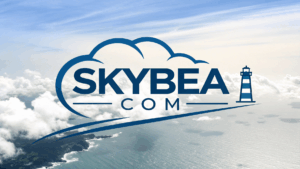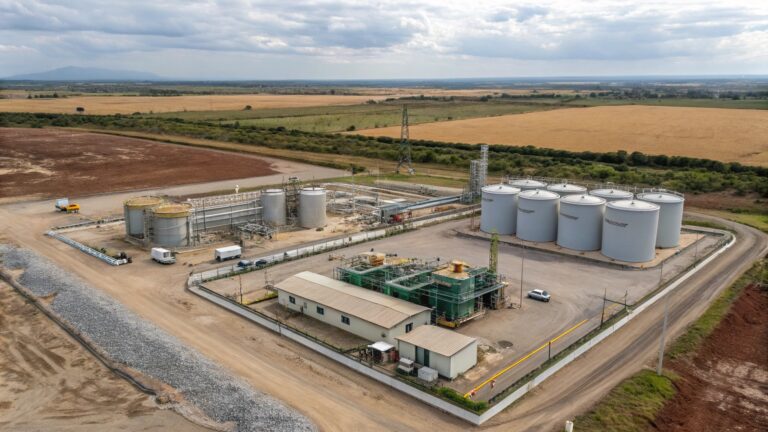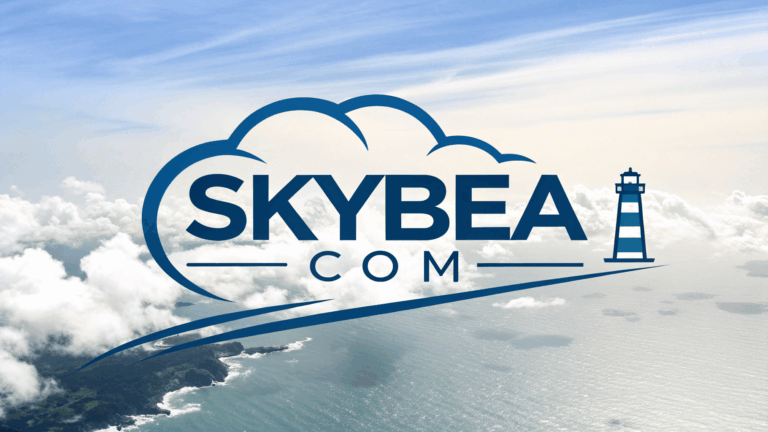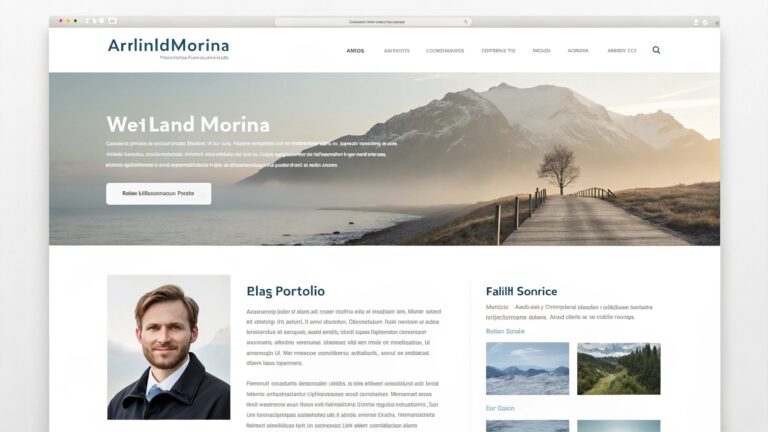In the competitive realm of the insurance industry, the productivity of insurance agents holds paramount importance.
Enhancing an agent’s productivity isn’t just about individual success; it profoundly impacts the overall growth and success of the agency.
In today’s fast-paced world, where time is a precious commodity and competition is fierce, employing effective strategies becomes crucial to optimize an insurance agent’s performance.
Leverage Technology
Embracing technological advancements is pivotal. Equipping agents with the latest tools and software designed for the insurance sector can make a substantial difference.
Utilizing customer relationship management (CRM) systems, automation software, and mobile apps streamlines administrative tasks, policy management, and client communication.
These tools not only save time but also reduce errors, allowing agents to focus more on client interactions and sales.
Continuous Training and Skill Development
Ongoing training and professional development programs serve as the backbone for the growth and success of insurance agents.
In the fast-evolving landscape of the insurance industry, staying updated with the latest industry trends, products, and sales techniques is not just beneficial but necessary.
These training sessions serve as crucial learning platforms that not only enhance the agents’ knowledge base but also serve to boost their confidence and sales acumen.
With a continuously evolving skill set, agents can engage with clients more effectively, adapting to their needs and preferences with ease.
Continuous learning isn’t just an investment in the individual agent but a strategic move that elevates the agency’s overall performance.
Read: drift hunters unblocked
Set Clear Goals and KPIs
Setting clear, measurable goals and key performance indicators (KPIs) forms the cornerstone of a successful insurance agency.
These goals should be meticulously designed to be both realistic and challenging, pushing agents towards continuous improvement.
By tracking progress against these metrics, agencies can identify areas that require improvement and commend high-performing agents.
This process not only helps in evaluating individual performances but also aligns the entire team’s efforts with the agency’s broader objectives, fostering a cohesive and goal-oriented work environment.
Optimize Workflow Processes
Streamlining internal processes is a transformative step in maximizing an insurance agent’s productivity. By simplifying and automating workflows, administrative burdens and paperwork are significantly reduced, freeing up agents’ time and energy.
This efficiency allows agents to channel their efforts towards revenue-generating activities, such as engaging in more client meetings and impactful sales presentations.
Embracing technology and refining operational procedures ensure that agents can focus on what matters most – building relationships and closing deals.
Encourage Time Management and Prioritization
Assisting agents in mastering time management and effective prioritization techniques is invaluable. Introducing methodologies like the Eisenhower Matrix helps agents distinguish between urgent and important tasks.
By understanding these distinctions, agents can allocate their time and efforts more efficiently, ensuring that they focus on high-impact activities that drive results. This approach not only boosts productivity but also cultivates a sense of purpose and direction among agents.
Read: golden heartbeat nguyen duy tri • acid madness • 2023
Effective Client Segmentation
Implementing a strategic client segmentation approach is pivotal in delivering personalized and tailored services to clients.
Categorizing clients based on their unique needs, preferences, and potential value to the agency allows for customized interactions and solutions.
By understanding each segment’s distinct requirements, agents can optimize their efforts, ensuring higher client satisfaction and bolstering client retention rates.
This targeted approach fosters stronger client-agent relationships, laying the groundwork for long-term success and loyalty.
Encourage Collaboration and Knowledge Sharing
Fostering a culture of collaboration and knowledge sharing among agents is a catalyst for success within an agency.
Encouraging the sharing of best practices, successful sales strategies, and effective client engagement methods through peer learning significantly enhances productivity.
By leveraging collective knowledge and experience, agents can learn from each other’s successes and challenges, resulting in a more informed and agile team.
Incentivize Performance
Implementing a performance-based incentive structure serves as a potent catalyst in driving insurance agents towards exceeding targets and achieving excellence.
This structure, designed to reward high achievers with bonuses, commissions, or recognition, functions as a powerful motivational tool.
By acknowledging and appreciating an agent’s hard work and exceptional performance, it not only instills a sense of accomplishment but also fosters a culture of healthy competition within the team.
This incentivization strategy not only drives individual performance but also contributes significantly to cultivating a thriving, motivated, and cohesive work environment.
The system of incentives doesn’t merely revolve around monetary rewards; it also encapsulates non-monetary acknowledgments and career growth opportunities.
By recognizing and celebrating achievements, agents feel valued and motivated to consistently perform at their best.
Moreover, healthy competition among team members creates a dynamic atmosphere where each agent strives for personal growth while contributing positively to the collective success of the agency.
Read: alternative echoes nguyen duy tri • acid madness • 2023
Regular Performance Reviews and Feedback
Conducting regular performance reviews forms the cornerstone of an effective feedback loop within an insurance agency.
These reviews are crucial in providing agents with constructive criticism and acknowledgment of their accomplishments.
By acknowledging achievements, agents feel appreciated, boosting their morale and motivation. Simultaneously, by identifying areas for improvement through constructive feedback, agents are presented with opportunities to refine their skills and grow professionally.
This feedback mechanism doesn’t just focus on individual development; it also aids in aligning agents with the agency’s broader goals and expectations.
A well-structured performance review system allows for tailored development plans, fostering a continuous learning culture within the organization.
Moreover, it nurtures talent, ensuring that agents are equipped with the necessary skills and guidance to adapt to the evolving landscape of the insurance industry.
Maintain Work-Life Balance
Ensuring that agents maintain a healthy work-life balance is pivotal in nurturing a sustainable and high-performing workforce.
The demanding nature of the insurance industry can often lead to overworking and high levels of stress among agents.
Recognizing the detrimental effects of burnout on productivity and overall well-being, it becomes imperative for agencies to promote a supportive work environment that prioritizes balance.
Encouraging breaks, vacations, and flexible work arrangements are crucial steps in safeguarding an agent’s physical and mental well-being.
When agents feel supported in balancing their professional commitments with personal life, they become more motivated, engaged, and productive.
A well-balanced work-life equilibrium not only enhances an agent’s performance but also contributes significantly to their overall job satisfaction and retention within the agency.
Prioritizing work-life balance isn’t just a perk but a fundamental investment in the agency’s most valuable asset – its people.
Conclusion
By implementing these strategies, insurance agencies can empower their agents to maximize productivity, improve customer satisfaction, and drive overall business growth in the competitive insurance market. Constant adaptation, technological integration, and a focus on agent well-being are essential for sustained success in this dynamic industry.
FAQs
1. Why is increasing insurance agent productivity important for an insurance agency?
Increased productivity means more sales, improved client retention, and higher profitability.
2. How can technology improve insurance agent productivity?
Technology automates tasks, streamlines workflows, and enhances client management, freeing agents to focus on sales.
3. What are effective strategies to motivate insurance agents?
Implement performance incentives, offer training, recognize achievements, and cultivate a positive work environment.
4. How can insurance agents prioritize tasks effectively?
Using methods like the Eisenhower Matrix helps agents focus on high-priority tasks.
5. What role does continuous training play in improving insurance agent productivity?
Continuous training keeps agents updated, boosts confidence, and improves sales skills for better client engagement.
6. How important is maintaining work-life balance for insurance agents’ productivity?
It’s crucial; burnout affects productivity. Encouraging breaks and a supportive environment is vital.
7. What are the benefits of regular performance reviews and feedback?
Reviews offer constructive feedback, acknowledge achievements, aid professional growth, and align agents with agency goals.
8. How can effective client segmentation improve an insurance agent’s productivity?
Segmentation tailors solutions, optimizes efforts, boosts client satisfaction, and improves retention, enhancing agent productivity.




















+ There are no comments
Add yours